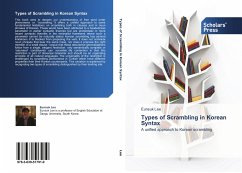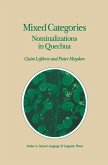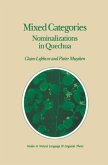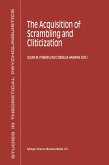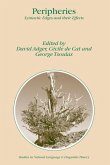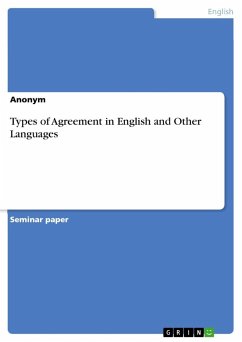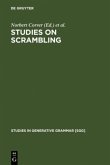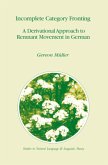This book aims to deepen our understanding of free word order phenomena or ¿scrambling.¿ It offers a unified approach to some fundamental limitations on scrambling both in clauses and in noun phrases of Korean. These would have been attributed to a headedness parameter in earlier syntactic theories but are problematic in more recent syntactic theories in the minimalist framework where such a parameter cannot be naturally stated. Korean scrambling has several limitations. It is blocked from preposing the verb. It does not commute noun phrases that bear the same Case, nor does it prepose the right member of a small clause. I argue that these descriptive generalizations follow from a single, elegant restriction: only semantically complete or ¿saturated¿ constituents can scramble. My contention is that this restriction is part of Universal Grammar and should be an organizing principle of all natural languages. The universality of the restriction is challenged by scrambling phenomena in Turkish which have different properties than their Korean counterparts. This variation is explained by recognizing two types of scrambling distinguished by their landing site.
Hinweis: Dieser Artikel kann nur an eine deutsche Lieferadresse ausgeliefert werden.
Hinweis: Dieser Artikel kann nur an eine deutsche Lieferadresse ausgeliefert werden.

